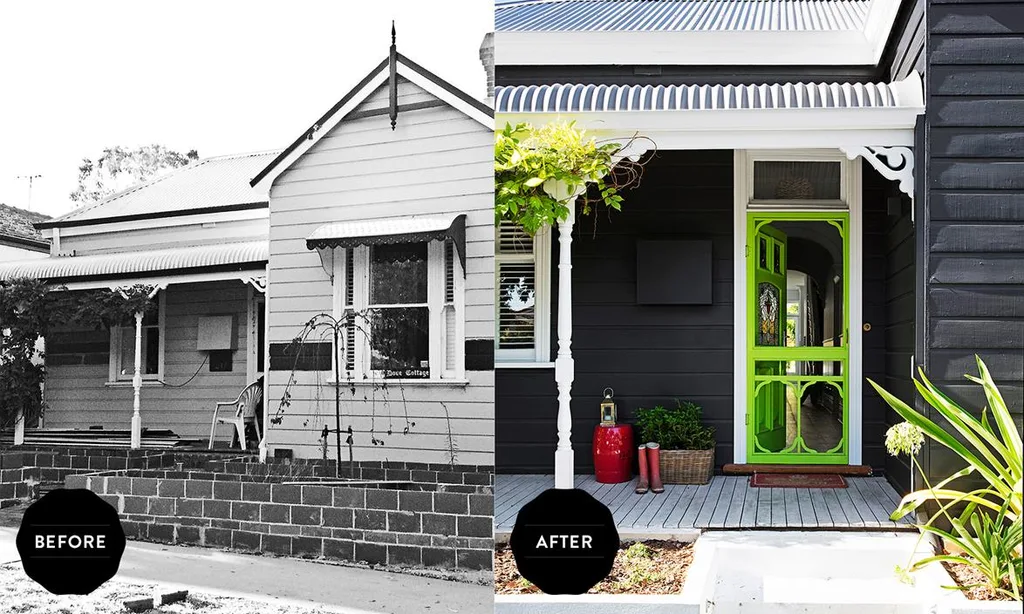With the cost on home renovations increasing year-on-year, when looking for a house to renovate you need to be smart and forward thinking. Otherwise, you may find yourself with more work than you bargained for, sending you broke and over budget.
Make of list of your wants and needs
When buying a house there is the obvious advice such as, don’t rush, do your homework, look around and don’t buy the first house you fall in love with.
Before you set out on the house hunt create a brief, outlining what you are looking for, a wish list so to speak but be realistic.
Be wary of already-renovated houses
You also want to be careful not to buy something that has undergone previous work where you will be paying a premium for a renovation that isn’t to your taste and that you will want to change at a later date.
Consider how much work you really want to sign up for
Structural work is when the bills start rolling in, you need a house that just needs a face lift and doesn’t require moving the stairs, knocking out structural walls or large additions in the form of another story.
We suggest finding a house that already has character as it will be generous, enabling you to create an interesting aesthetic with less effort and expense.

This family retained the front two rooms of this 1908 cottage and demolished the back to build a new extension. Take a tour of this home here. Photo: Angelita Bonetti
Weigh up the pros and cons of each house you view
At the open house take photos and notes so you can return to them when comparing the properties you have viewed to weigh up the pros and cons of each. Compare all potential properties against your initial brief.
Create a budget that includes costings for each renovation
Be realistic when identifying the extra costs involved, such as maintenance, aspects that will need replacing and possible structural changes you may intend to do in your renovation. Calculate these proposed costs.
Your inspection checklist
Be aware of how to identify possible issues that may be expensive. Here are some things to look out for:
Are there cracks in the interior and exterior? Cracks in the walls are usually a sign of subsidence.
Did you notice any damaged walls? Bubbling or peeling paint is a sign of a damp area.
Are there signs of water penetration that can be identified by water stains or corrosion around wet areas such as the bathroom and laundry?
If there is mould in the bathroom there could be a ventilation problem.
What is the condition of the floor e.g. what is under the carpet? Does it need replacing?
Are the windows and doors in good condition and working order?
Does the house have heating and cooling? What condition is it in?
Has the house been recently painted? If so, be careful of what the paint could be masking.
Is the ceiling sagging? What do the rooflines look like from an external perspective? Are they straight or deflecting?
The final step
Before signing any contract it is wise to obtain a professional termite check and to contact a qualified building inspector to provide you with a full report on the property, ensuring you are not biting off more than you can chew.
Have your builder provide you with quotes for all the work and renovations you want to make – you may choose to do some yourself but it’s good to compare how much it will cost to do it yourself or get a professional to do it.


.jpg?resize=380%2C285)
